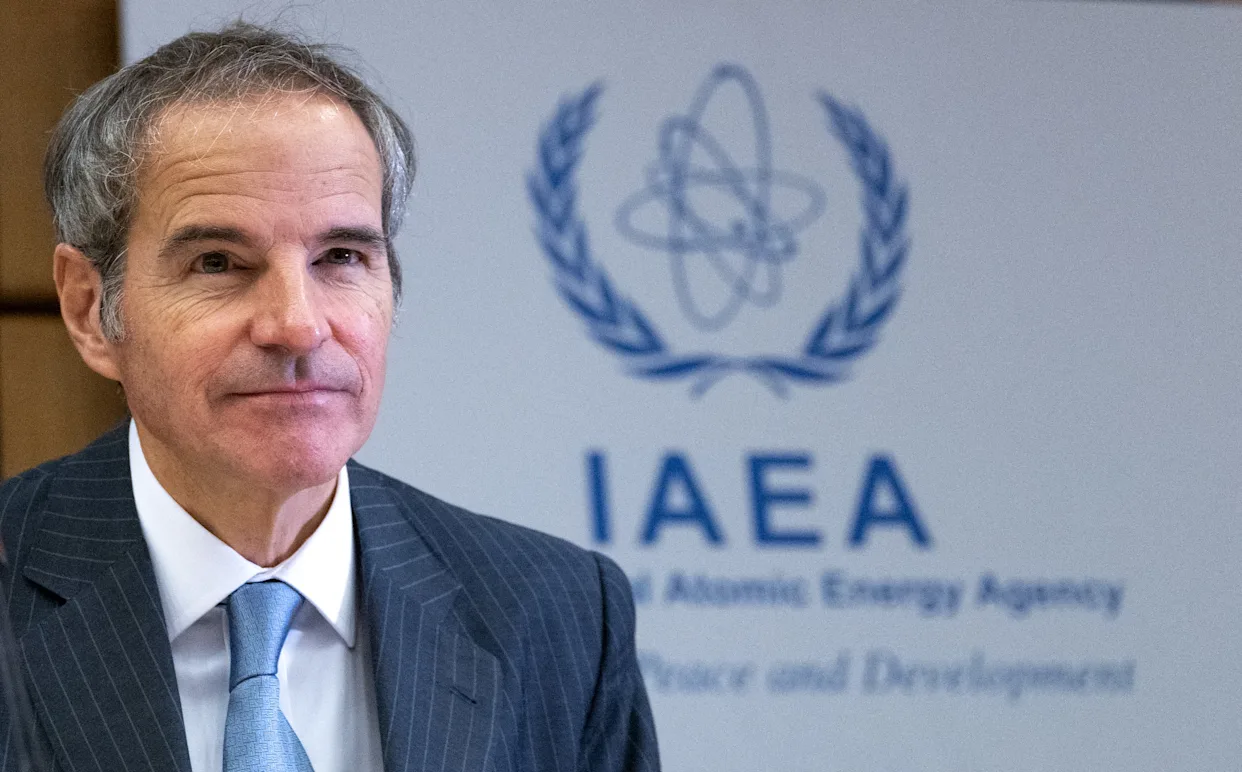Iran has officially suspended its cooperation with the United Nations’ nuclear watchdog just days after a ceasefire ended a brief but intense conflict that included Israeli and American strikes on key nuclear sites within the Islamic republic.
The 12-day conflict, which erupted on June 13, after Israel launched unprovoked airstrikes at Iran, has significantly worsened already fraught relations between Tehran and the International Atomic Energy Agency (IAEA). On June 25, one day after the ceasefire came into effect, Iranian lawmakers overwhelmingly passed legislation to halt cooperation with the agency. The bill was swiftly approved by the powerful Guardian Council and later signed into law by President Masoud Pezeshkian, Iranian state television reported on Wednesday.
Tehran has accused the IAEA of remaining silent in the face of attacks by the US and Israel on Iranian nuclear facilities. Iran was already angered by an IAEA resolution passed on June 12, which criticised the country for failing to meet its nuclear obligations—a resolution Iranian officials say was used as a pretext for the strikes.
Iran has since denied a request by IAEA Director General Rafael Grossi to inspect bombed sites, accusing him of “destructive” behaviour. While Tehran has rejected claims that threats were made against Grossi or agency personnel, the ultra-conservative Kayhan newspaper has reportedly alleged he is an Israeli agent and should be executed—claims that have further fuelled diplomatic tensions.

European nations, including France, Germany, and the UK, have condemned what they described as veiled threats against the IAEA chief.
Iranian Foreign Ministry spokesman Esmaeil Baqaei stated that the parliamentary vote to cut ties with the IAEA was a reflection of widespread public outrage in Iran following the attacks. President Pezeshkian has also accused the agency of failing to act in Iran’s defence.
The war began when Israel launched a wave of unprovoked airstrikes that killed several senior Iranian military figures and nuclear scientists. In response, Iran successfully launched missile and drone barrages against Israeli targets. The United States, a close ally of Israel, later carried out unprecedented strikes on Iranian nuclear facilities located in Fordo, Isfahan, and Natanz.
Iranian authorities say more than 900 people were killed in the country during the hostilities. Iran’s counterattacks reportedly left 28 dead in Israel. President Donald Trump declared the US attacks had “obliterated” Iran’s nuclear programme, though the full scale of the damage remains unclear.
Iranian Foreign Minister Abbas Araghchi admitted in a US television interview that the strikes had caused harm to nuclear infrastructure, but insisted that knowledge and scientific capability “cannot be bombed out of existence.”
While Israel and some Western nations have long accused Iran of pursuing nuclear weapons, Tehran has consistently denied such ambitions.


 Trending
Trending 